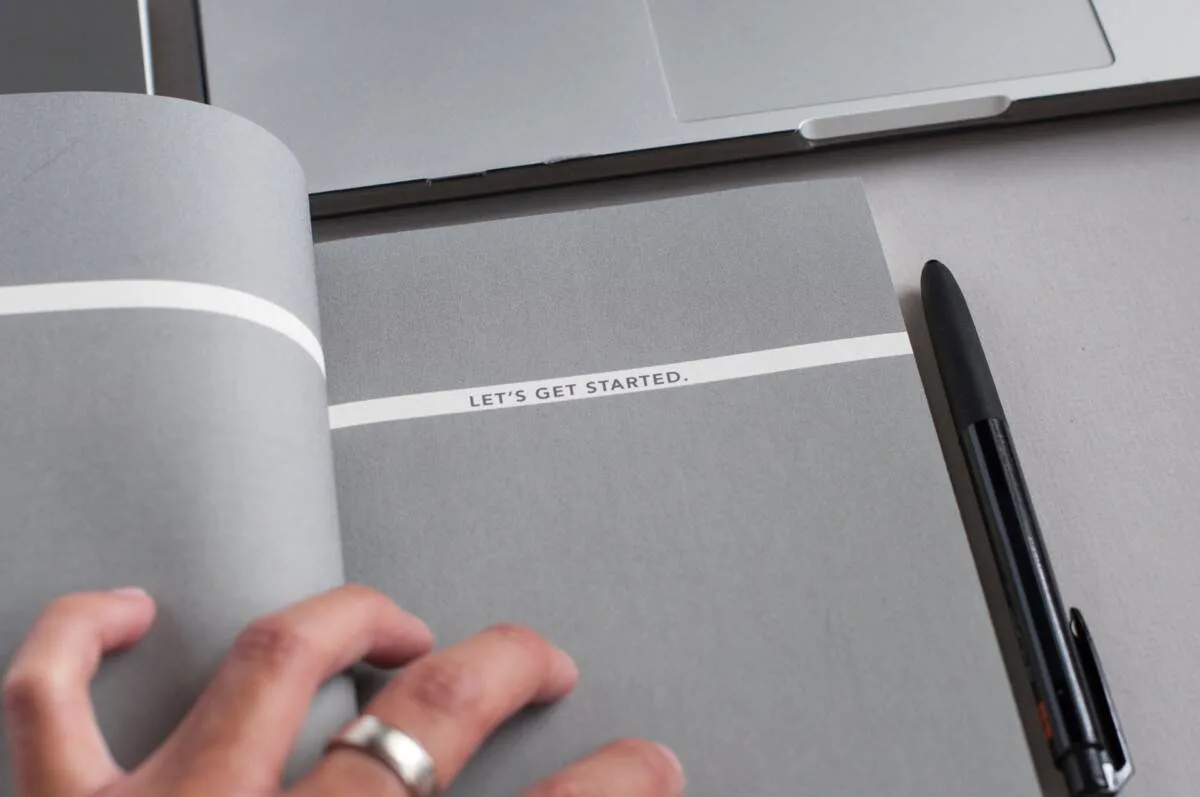Acids vary from adding a tangy flavor to our food to burning through anything they touch. Knowing the difference is important since the latter can be dangerous to handle. You’d likely find acetic acid in products around the house, but should you be handling it with more care? Acetic acid is a weak acid as …
Academics
English has many rules and quirks, which can make it more interesting to learn. When considering the plural forms of the word “it,” some level of confusion is expected. The plural of “it” becomes “they,” “them,” or “their.” “It” is a neuter pronoun that takes the place of a noun, typically used to describe an …
It’s incredible how such a little punctuation mark as the apostrophe has the power to change the meaning of a word. The real challenge comes when deciding where to place the apostrophe to denote the possessive singular or the plural possessive form of a word, as in customer’s compared to customers’. Use customer’s with the …
Just when you thought you had a perfect command of English, we thought we’d ask you a question to test your level of expertise. Is it correct to say, “but rather?” Even if your answer is yes, we need to make sure that you fully understand the context in which we use it. It is …
“Please be advised” is another one of those English phrases that you’ve probably come across. We use it most often with formal, written settings where someone wishes to inform you of something. However, there are instances where you’ll hear someone speaking the phrase, particularly while delivering official announcements. It is correct to say “please be …
In his engaging book, The Sense of Style, Steven Pinker talks of writing style as “the effective use of words to engage the human mind.” There are rules of written and spoken language, but many of these rules are contradictory or specific to the writer/speaker’s culture and his or her audience. Such is the case …






